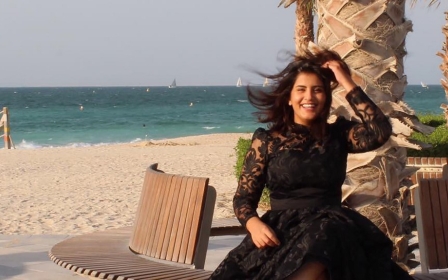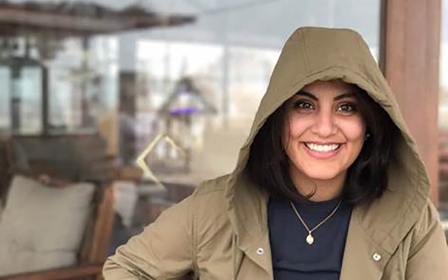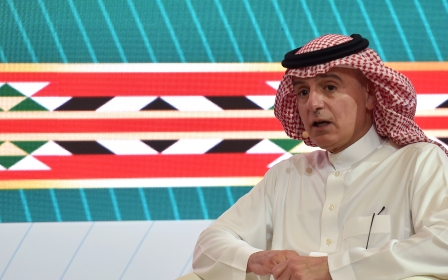Loujain al-Hathloul: Saudi Arabia uses tweets supporting women's rights as evidence
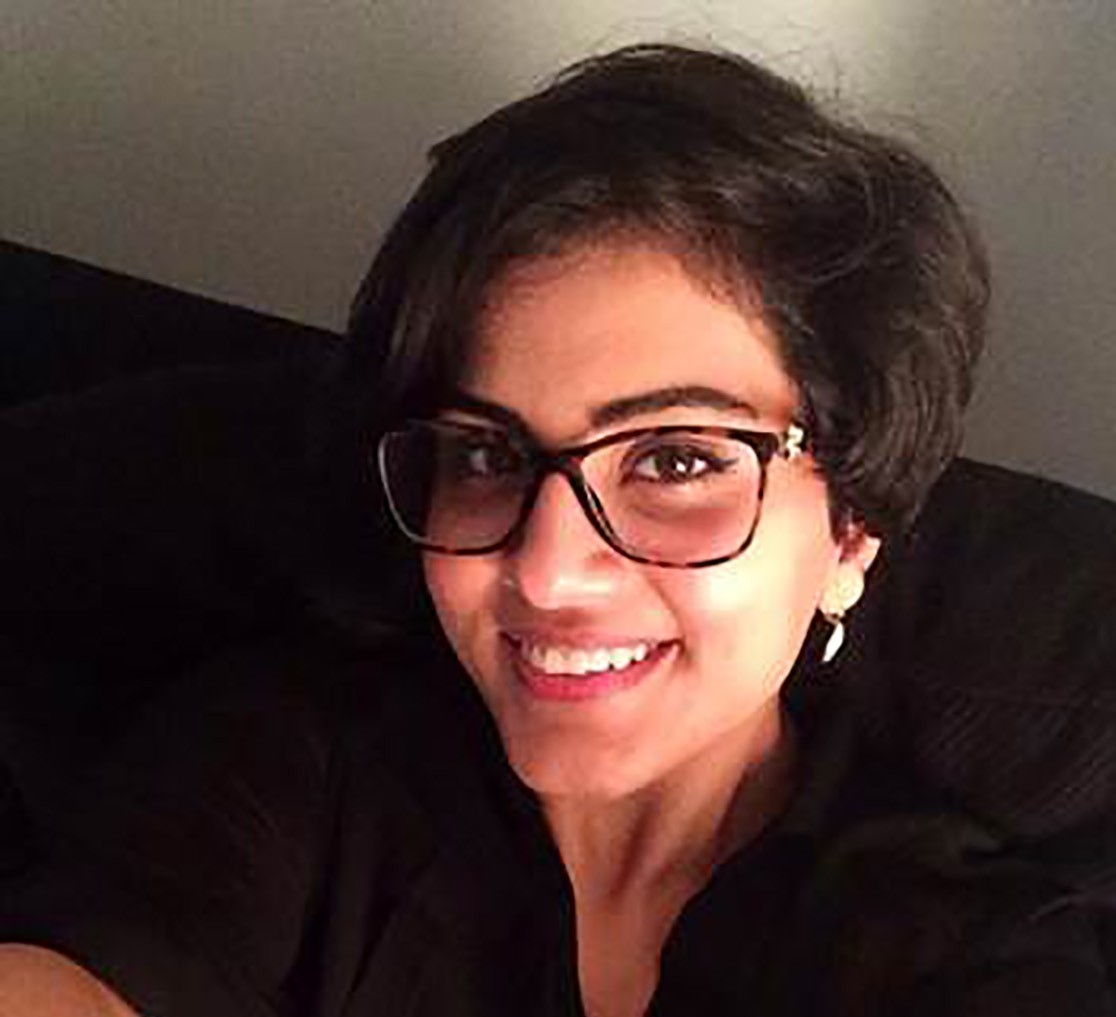
The Saudi public prosecutor on Monday cited tweets about a campaign to let women drive and the kingdom's guardianship system as evidence against jailed rights activist Loujain al-Hathloul, her family said.
Hathloul, 31, appeared at a Saudi terrorism court on Monday, accused of harming the kingdom's interests and collaborating with foreign agents.
The women's rights activist was arrested in May 2018 with at least a dozen other women activists, just weeks before the decades-long ban on female drivers was lifted.
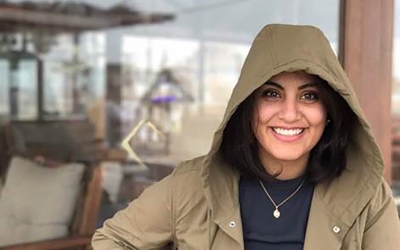
Her sister, Lina, said on Twitter that Monday's hearing was the first time Hathloul had heard the alleged evidence against her.
"Loujain's hearing today: she handed in her defence and got what the public prosecutor considers evidence of her alleged crimes," Lina al-Hathloul wrote on Twitter.
"They include tweets about the Women2Drive campaign and audios of her explaining the male guardianship system."
Her next hearing is set for Wednesday.
Crown Prince Mohammed bin Salman, who has presented himself as a reformer but has overseen a brutal crackdown on dissidents or independent Saudis, previously claimed there were videos of Hathloul proving she worked as a spy.
However, Hathloul's brother Walid noted that no such evidence was presented:
Hathloul was transferred late last month to the Specialised Criminal Court (SCC), Saudi Arabia's terrorism court, which is notorious for giving dissidents lengthy prison sentences.
She and other imprisoned activists are being charged under the country's anti-cybercrime law on allegations that they “communicated with people and entities hostile to the king”, “cooperated with journalists and media institutions hostile to the king”, “provided financial support to foreign adversaries” and “recruited persons for information detrimental to the security of the kingdom”.
'Spurious' charges
UN experts have dubbed the charges against Hathloul as "spurious" and called on Saudi Arabia to release imprisoned women's rights activists.
When Hathloul first appeared before a court last month, her family said she looked ill.
"She looked weak in court, her body was shaking uncontrollably and her voice was faint and shaky," Lina al-Hathloul said at the time.
Despite her frail health, the activist read out her four-page defence to the judge during the first hearing, her other sister, Alia al-Hathloul, said on Twitter.
Hathloul's family and rights groups have alleged that she has experienced sexual harassment and torture in detention. Saudi authorities deny the charges.
Middle East Eye delivers independent and unrivalled coverage and analysis of the Middle East, North Africa and beyond. To learn more about republishing this content and the associated fees, please fill out this form. More about MEE can be found here.


